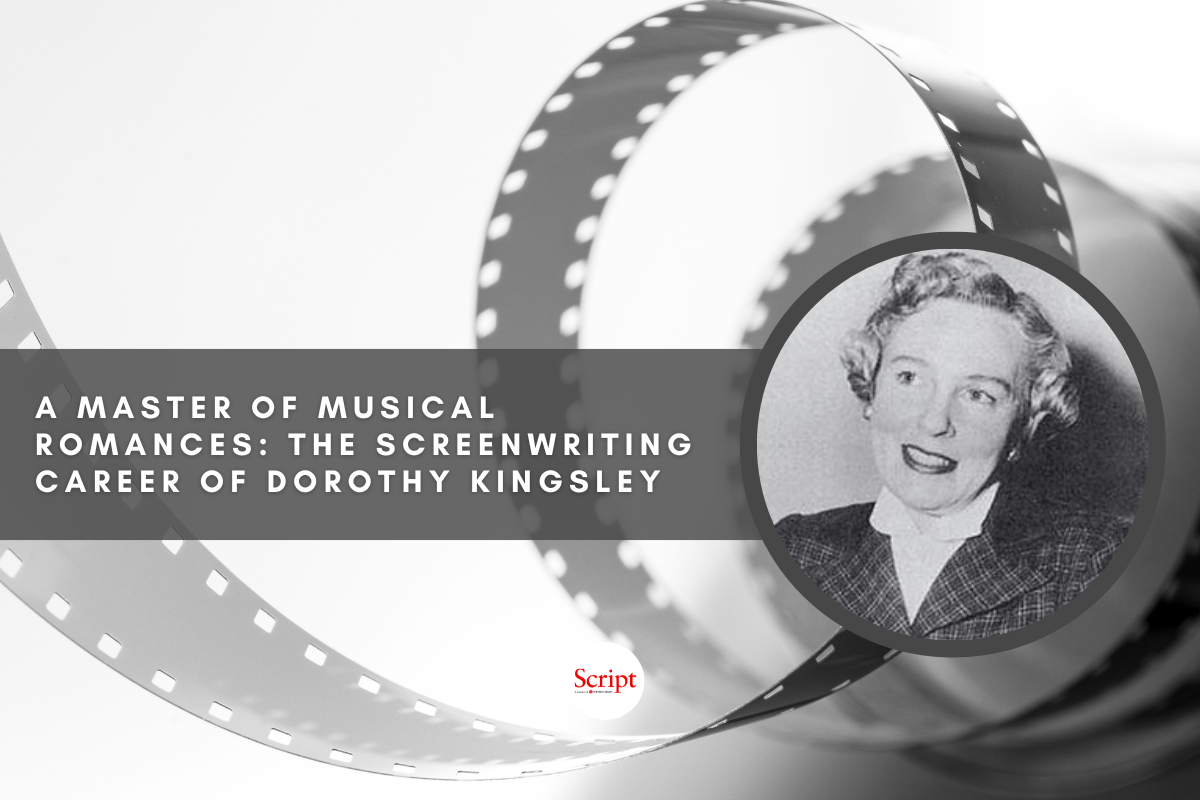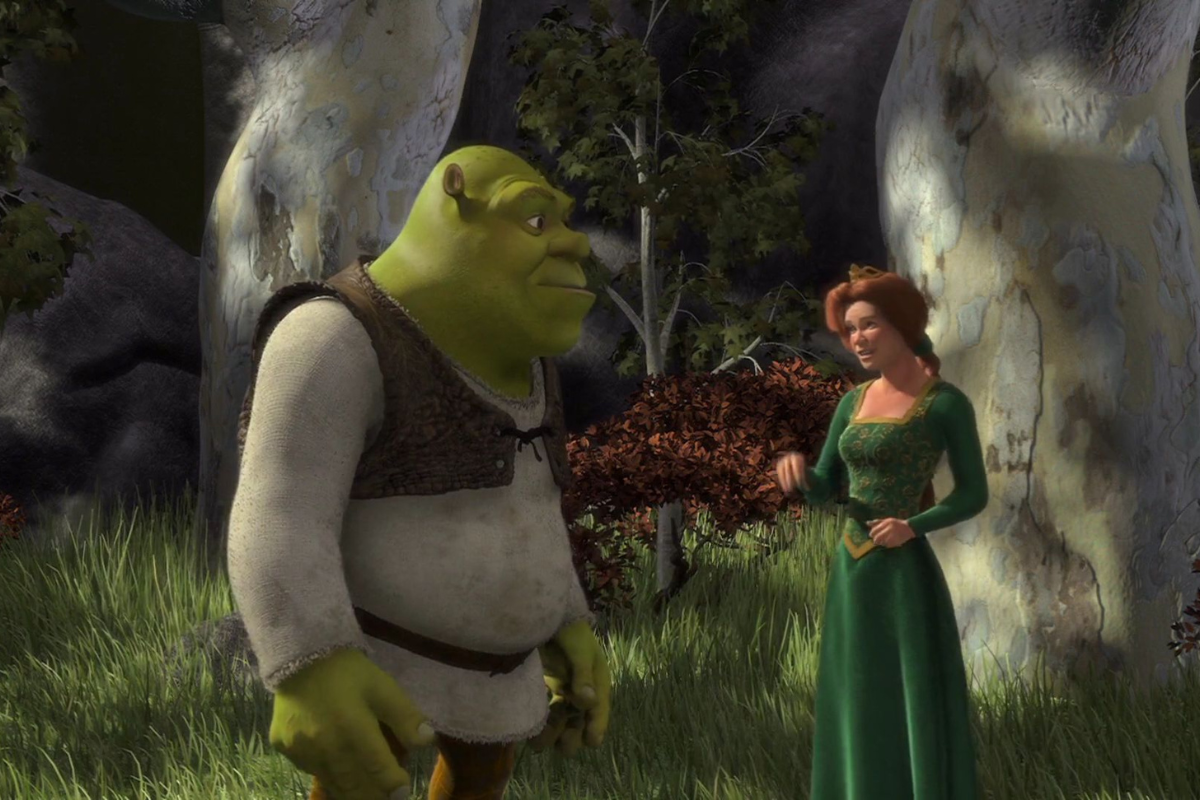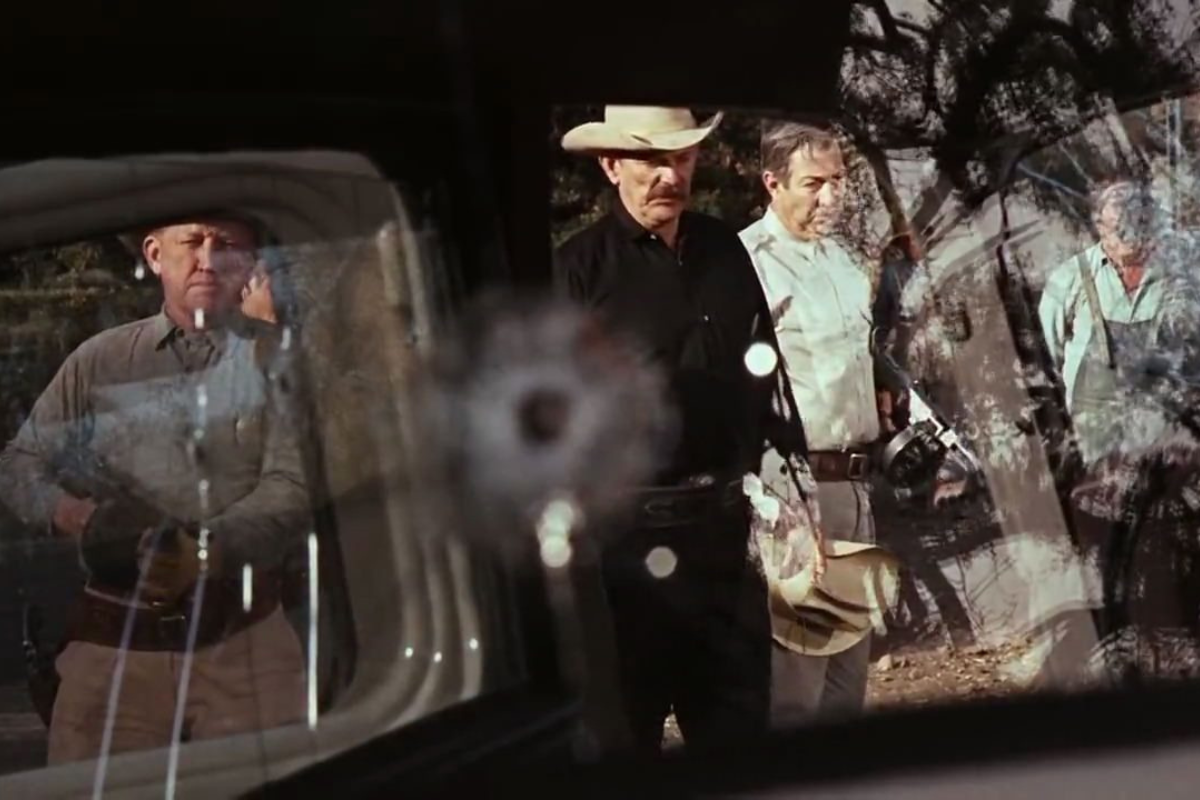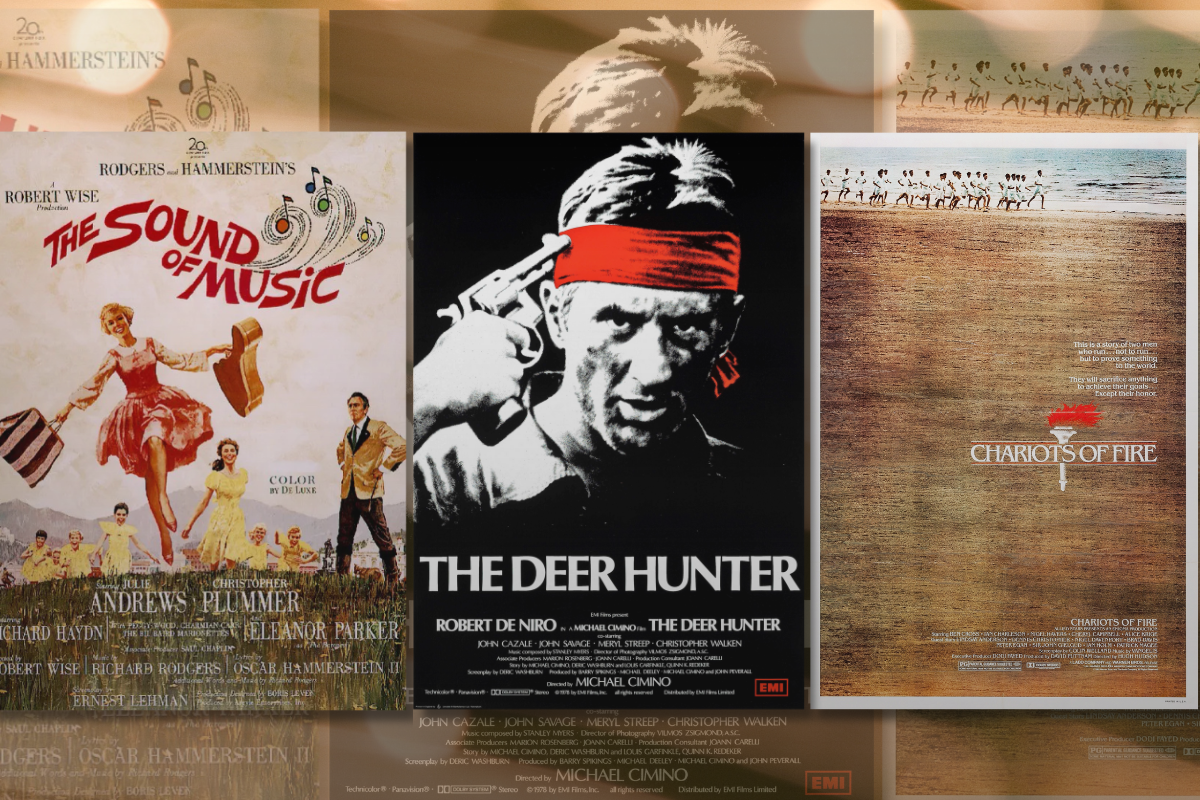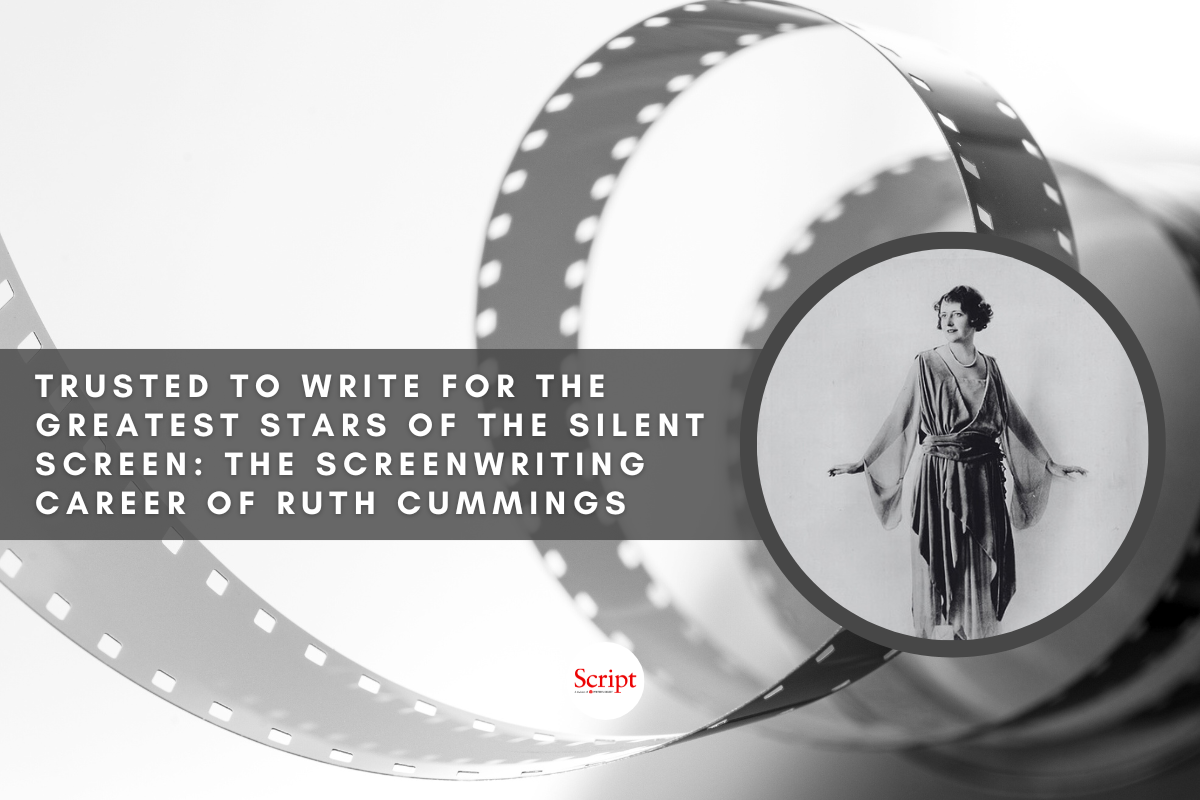Poems, Plays, Pulitzers: Screenwriter Zoe Akins Did it All
Dr. Rosanne Welch celebrates the female screenwriters who came before us with this month’s spotlight on the prolific powerhouse screenwriter, poet, and Pulitzer Prize-winning author, Zoe Akins.
Though she never wrote a horror film, to celebrate Halloween this month’s focus is screenwriter, poet, and Pulitzer Prize-winning author, Zoe Akins, born on October 30, 1886. In 1935 Akins would become the third woman to win the Pulitzer Prize for Drama, the highest honor for a Broadway play in the United States, after Zona Gale (1921) and Susan Glaspell (1931). Akins’ win came from her dramatization of Edith Wharton's The Old Maid. Four years later the play was adapted by Casey Robinson into a film starring Bette Davis, even though Akins had begun adapting plays and turning out her own screenplays in the early 1930s. Throughout her career, she collaborated with some of the most important women both behind and in front of the cameras which has kept her work in the public eye.
Marion Fairfax Put Dinosaurs on Film Before Spielberg or Crichton Were Born
Akins’ career began after graduating from St. Louis’ Hosmer Preparatory Hall in 1903. She wrote poetry and contributed stories to many major magazines before producing her first Broadway play, a modest success, in 1914. Her third effort, Déclassé attracted the attention of famed Broadway actress Ethel Barrymore. With the renowned performer in the starring role, the play turned into Akins’ first major hit, running for 257 performances in the 1919-20 Broadway season.
As Hollywood needed more ideas, they began buying plays and hiring playwrights to create adaptations or original screenplays. Sometimes other screenwriters adapted her plays and sometimes Akins adapted the work of other playwrights. In 1930 she wrote dialogue for Sarah and Son, her first collaboration with director Dorothy Arzner. The pairing proved fruitful as the two women also worked together on: Anybody's Woman (1930), Working Girls (1931), and Katharine Hepburn's debut Morning Glory (1933). Akins based Glory on an original play that had not earned a theatrical production – but it did earn Hepburn her first Academy Award as Best Actress. That same year Akins and Arzner collaborated on Hepburn’s second film, Christopher Strong (1933).
Akins's play The Greeks Had a Name for It (1930) could be called the gift that kept on giving as it was adapted into 3 separate films: The Greeks Had a Word for Them (1932), Three Blind Mice (1938), and How to Marry a Millionaire (1963). The latter, written and produced by Nunnally Johnson, starred Betty Grable, Marilyn Monroe, and Lauren Bacall.
Another huge success came in 1936 when Akins collaborated with another female screenwriting powerhouse, double-Academy Award winner Frances Marion. With James Hilton, they adapted Alexandre Dumas's play Camille for the screen. Again Akins’ work interested important women and helped propel their careers. Camille earned Greta Garbo her third Oscar nomination. It also co-starred her old friend Ethel’s brother, Lionel Barrymore, bringing Akins’ career full circle.
Ida May Park Headlined One of Universal Studios First Female Production Companies
In the 1940s and 50s, she returned to the theatre while many of her early works earned adaptations into television anthologies. She died on October 29, 1958.
Fun fact – Akins is a great aunt to actress Laurie Metcalf, another powerful female performer and recipient of two Tony Awards and four Primetime Emmy Awards.
Research for this column comes from the book When Women Wrote Hollywood, edited by Rosanne Welch.
If you’d like to learn more about the women highlighted in this column, and about the art of screenwriting while earning your MFA, our low residency Stephens College MFA in TV and Screenwriting is currently accepting applications.
Learn more about the craft and business of screenwriting and television writing from our Script University courses!
Dr. Rosanne Welch, Executive Director of the Stephens College MFA in TV and Screenwriting, has television credits including Beverly Hills 90210, Picket Fences, ABC News/Nightline and Touched by an Angel. Her award-winning publications include When Women Wrote Hollywood and Women in American History (on the ALA list of 2017’s Best Historical Materials). Welch is Book Reviews editor for Journal of Screenwriting; on the Editorial Boards of Written By magazine and California History Journal and gave a 2016 TEDxCPP talk: “The Importance of Having a Female Voice in the Room”.
Find Dr. Rosanne Welch online: Instagram @drrosannewelch | YouTube DrRosanneWelch | Stephens College MFA Twitter @mfascreenwriter


